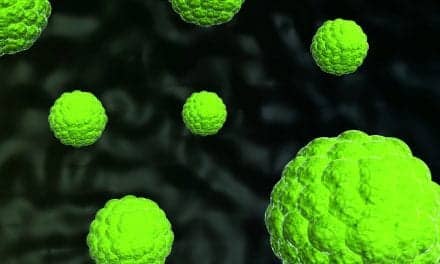Women living in locations with the highest levels of diesel particulates or mercury in the air were twice as likely to have a child with autism as those who lived in areas with the lowest levels, according to research from the Harvard University School of Public Health (HSPH) published in Environmental Health Perspectives.
In addition to diesel particulates and mercury, lead, manganese, methylene chloride, and combined metal exposure were also associated with higher autism risk.
Investigators found that most pollutants were associated with autism more strongly in boys than girls. Though they note the low number of girls in the study require additional research on this finding.
“Our results suggest that new studies should begin the process of measuring metals and other pollutants in the blood of pregnant women or newborn children to provide stronger evidence that specific pollutants increase risk of autism,” said senior author Marc Weisskopf, associate professor of environmental and occupational epidemiology at HSPH. “A better understanding of this can help to develop interventions to reduce pregnant women’s exposure to these pollutants.”









